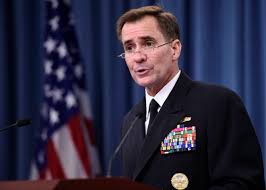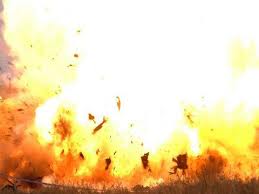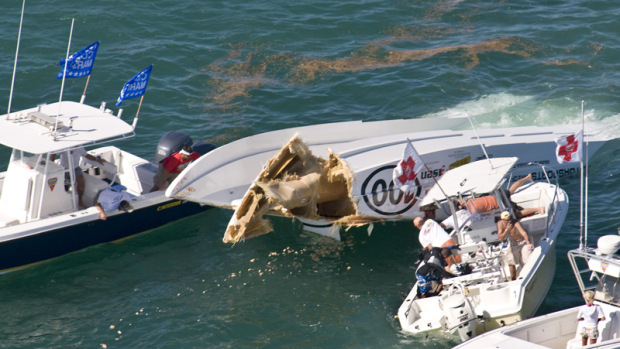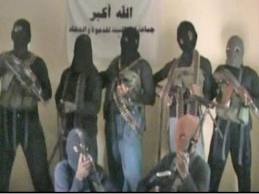US Condemns Boko Haram Attacks in Nigeria
In a statement late Sunday, State Department spokesman John Kirby pledged U.S. support for the Nigerian people “in their struggle against violent extremism.”
“We continue to support Nigeria’s efforts to bring those responsible for these attacks, as well as previous attacks to justice,” Kirby said.
“As we have said before, the people of northern Nigeria deserve to live free from violence and terror.”
Witnesses said Sunday’s attack in Potiskum, the largest city in Yobe state, involved a bomber disguised as a church member who detonated explosives shortly after entering the building.
The bombing follows a suicide attack Friday near Maiduguri, in nearby Borno state, where officials said six women set off blasts that killed dozens of people.
Meanwhile, authorities retrieved more bodies Sunday from houses destroyed in a suspected Boko Haram attack last week in Kukawa.
“We were prompted by the state governor to visit Kukawa on Friday to oversee the burial of the 97 persons that were killed on Friday,” said Haruna Kukawa, a state lawmaker who represents the local government.
“But when we got there we found the volunteer aid workers there have gathered up to 113 corpses for burial. And after we had buried them all, as we were about to leave for Maiduguri we were called back that five more corpses have been recovered from a burnt house. So we were able to bury 118 in total.”
During the Kukawa attack, witnesses said gunmen entered mosques and shot men as they prayed before the end of the Ramadan fast then attacked people’s homes and shot women preparing meals.
Kukawa is in Borno state, the epicenter of the six-year Boko Haram insurgency. The state has seen a surge of attacks blamed on the Islamist extremist group since President Muhammadu Buhari took office on May 29.
Last month, the president moved the military’s command center to the state capital, Maiduguri, as part of efforts to crush Boko Haram. Nigeria and four nearby countries also are setting up a regional military force to fight the group.
Boko Haram, whose name in the Hausa language means “Western education is a sin,” has attacked countless villages, markets, bus stations, government buildings and places of worship since launching its uprising in 2009.
The insurgency has driven an estimated 1.5 million Nigerians from their homes.





